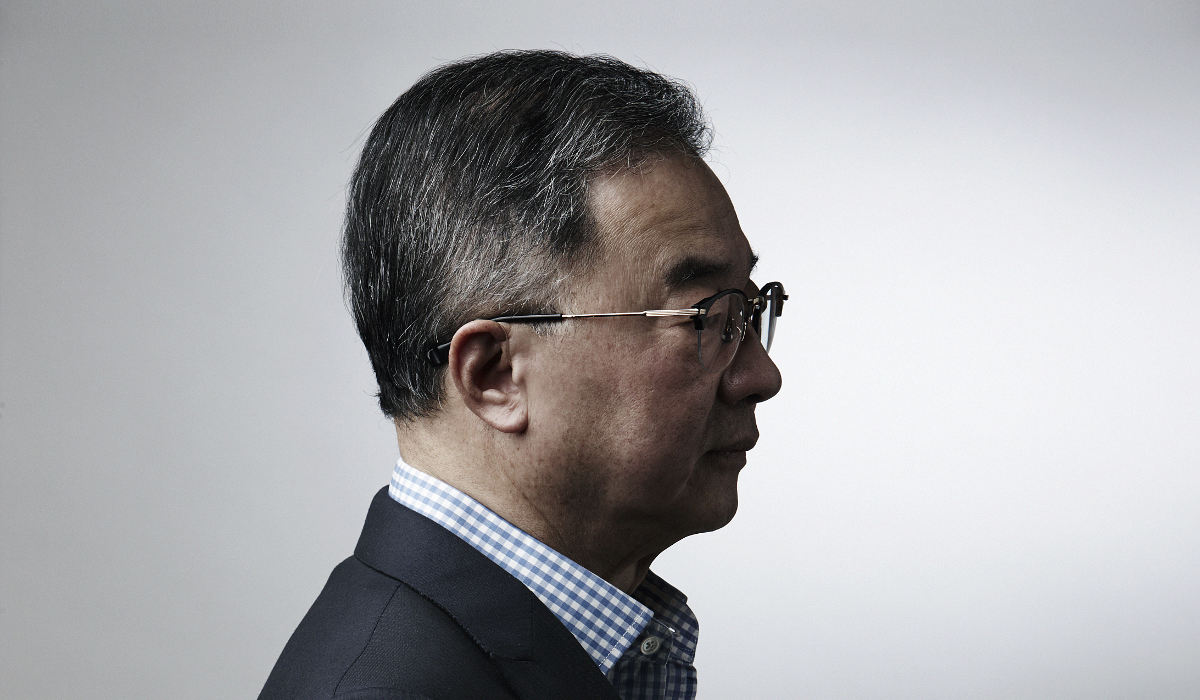
It’s barely a fortnight after Malaysia’s 14th general election, and – like every citizen in the country – Dato’ Teo Chiang Quan is enthusiastically discussing the issues that events of recent times have pushed into the spotlight. How do you, for instance, get a nation back on its feet again? And for all the furore over our local education system, what really needs to be done?
As the Chairman and Executive Director of Paramount Corporation Berhad, it seems he’s just the person to talk to at a time when Malaysians are collectively beginning to re-examine our national legacy, and the future that we’re now facing. He certainly knows a thing or two about charting a safe course into the future, having played an active role in the company ever since he joined its Board of Directors in 1977.
His commitment towards bringing greater degrees of professionalism and transparency to Paramount Corporation has contributed significantly to its position as one of Malaysia’s most notable long-standing investment holding companies, and over the 26 years that he’s held the positions of Group Managing Director, Group Chief Executive Officer, and Deputy Chairman of the Board, Dato’ Teo has been the driving force behind the company’s property development and education brands.
BUILT TO LAST
“I hear Robert Kuok is in town, and I always remember him as the ‘Sugar King’ – a title he still carries and very much deserves!” Dato’ Teo remarks with his eyes twinkling, as The Peak speaks with him on a rainy afternoon. Of course, it’s a well-known fact that Dato’ Teo’s own grandfather, Dato’ Teo Hang Sam, was popularly referred to as the ‘Rice King of Malaya’, having gone from selling eggs at a stall in Kuala Lumpur to founding See Hoy Chan Group and turning it into an enormously successful importer and wholesaler of rice.
While Paramount Corporation has since evolved past its initial connection with the See Hoy Chan Group – its previous incarnation, Malaysia Rice Industries Berhad, was restructured into a property development company in 1978, and renamed in 1980 – surely the legacy it carried (along with the gravitas of his grandfather’s reputation) must have felt somewhat intimidating when Dato’ Teo decided to take charge? “I was always interested in the areas of commerce and industry, and although it was never asked of me to join the family business, I had already decided that one day, I would be part of it.
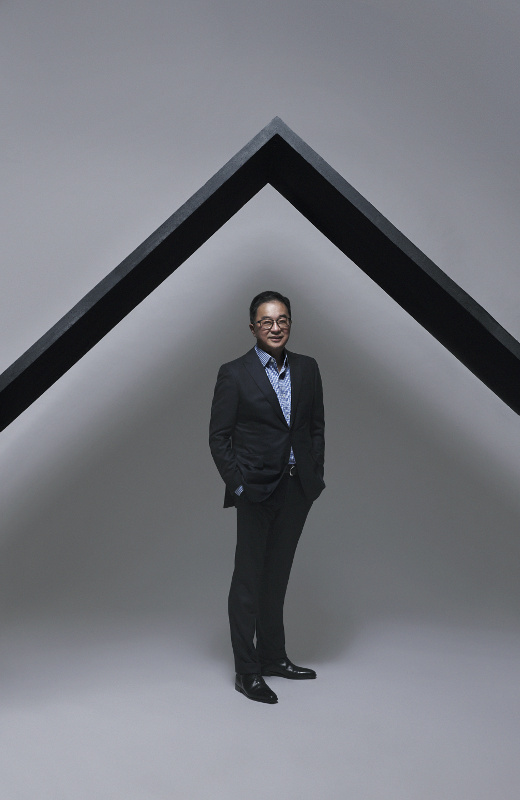
“I was given the opportunity to take over Paramount Corporation, and from there onwards, I saw its potential and knew that there was no option to fail. I had to succeed.” Guiding the company towards becoming a reputable, financially sound, and diversified group meant that he had to push for more innovative ideas and a cohesive operational strategy – a task that was initially trickier due to its existing dynamics. “It wasn’t so straightforward, but I do believe that many founders and their offspring have faced the same challenges about how to continue a business under the third and fourth generations.
“We found a good way, and I should add that other families would benefit from realising that any family business is worth continuing. Rather than having that third generation bickering over small things, they should think about continuity and find a way to restructure that business – and if necessary, work out how to split it amicably.” Swiftly moving forward, Dato’ Teo quickly strengthened the Paramount Property and Paramount Education brands, growing them into two synergistic businesses under one company, with the aim of ‘changing lives and enriching communities for a better world’.
Since Paramount Property launched its first development project – Taman Patani Jaya in Sungai Petani – in 1981, it has continued to build on its reputation as a developer for the people and attracted attention for its industry benchmarks, such as the award-winning, iconic residents’ clubhouse, Chengal House, at its gated and guarded Sejati Residences development in Cyberjaya. And while Dato’ Teo asserts that, “Every part of the company is my baby,” he appears particularly proud of Paramount Education’s history and having founded Malaysia’s first purpose-built private college, Kolej Damansara Utama (KDU), in 1983.
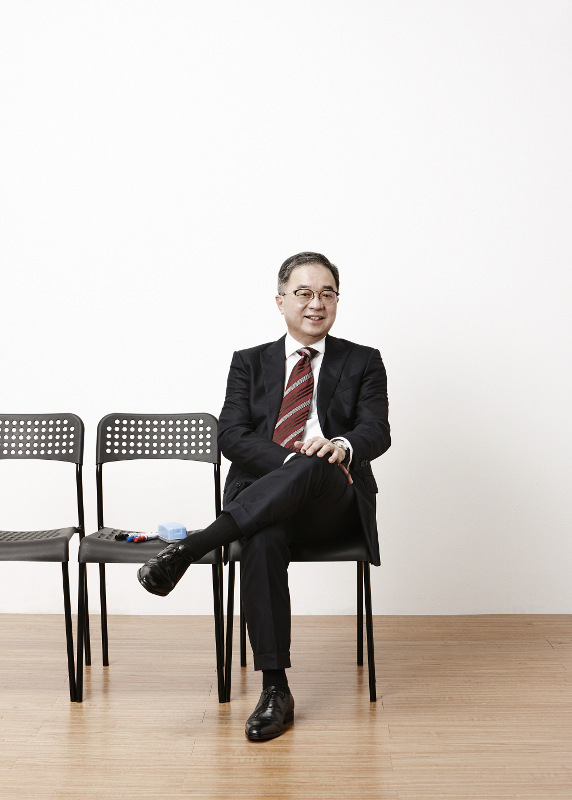
“KDU started with LCCI courses such as shorthand, typing and bookkeeping, the Institute of Chartered Secretaries and Administrators, the Association of Chartered Certified Accountants. We were one of the early players, if not the earliest, as we created Malaysia’s first standalone college and campus on a 2.5-acre piece of land in Damansara Jaya,” he recalls. “We never realised at the time that it would evolve to what it is today, even when other institutions began following our example and even overtaking us, so that we had to find a new piece of land in Glenmarie, Shah Alam, to build the KDU University College campus.
“Again, it goes back to our vision of changing lives and educating communities for a better world. Whenever I say that we’re in these two businesses and that they both involve nation-building, people sometimes laugh at me and ask, ‘Are you sure you can do nation-building?’ But that’s exactly what it is – we simply have a softer way of saying it.”
A QUEST CALLED TRIBE
With any sort of building work, it’s essential to lay the right foundations – which is why Dato’ Teo has famously adhered to his guiding principles of ‘TRIBE’ – trust, respect, integrity, bravery, and energy – and insisted that everyone in Paramount Corporation does, too. “What I learnt from my father and grandfather was diligence, honesty, and frugality – after all, in those days, it was so vital – but I came to understand my guiding principles intuitively,” he explains.
“Every business organisation is a microorganism of so many people’s behaviours. This can go wrong very easily if you don’t embrace such things as trust, respect, and integrity. However much you try to find an explanation when something’s gone wrong, once you investigate the reasons behind it, it’s usually down to either an inner breach of trust, integrity, or respect. In short, I’d like Paramount Corporation to have these as their pillars and their core values, backed up by the other two parts – bravery and energy.”
But what form, in his experience, can bravery take in a corporate context? “It’s very common nowadays to see modern corporations, especially in the 21st century, wanting to embrace it. There’s positive bravery, which could mean taking something you’ve never done before – something unknown – such as mastering a certain application of technology and using it to drive your business or challenge your competition. Negative bravery, on the other hand, means being brave enough to say no: if you’re presented with a piece of land that everyone in the industry wants to jump on, you shouldn’t be afraid to be the exception.”
An avid reader of leadership books, Dato’ Teo has drawn plenty of inspiration from Stephen Covey’s The 7 Habits of Highly Effective People (so much so that all employees at Paramount Corporation used to attend the seminars/workshops.), and is currently working his way through Powerful: Building a Culture of Freedom and Responsibility by Patty McCord, Netflix’s former Chief Talent Officer. “In 10 years, they transformed themselves from a DVD mail service to a live-streaming giant, purely through their understanding of technology and the need to bring in new people – how to define a new organisation chart that manages your future,” he remarks.
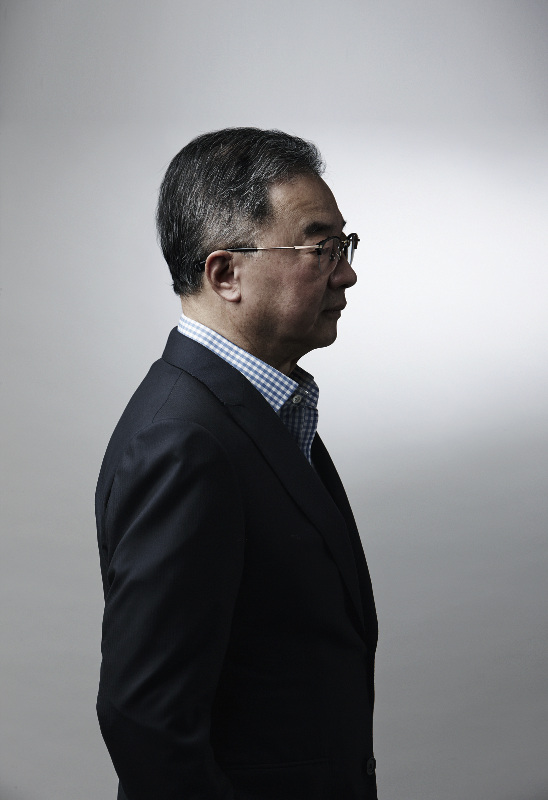
This, in a sense, is also one of Dato’ Teo’s primary responsibilities at Paramount Corporation, where he has to ensure that the company remains future-proofed and future-focused. At the centre of his own org-chart is one vital element: “It’s about lining up young talent. I talk about it all the time, and even recently at KDU University College’s Board of Governors meeting, I told our Vice Chancellor that he needed to prepare for the future. Our School of Communication & Creative Arts has grown from a small number of 300 to a potential 700 students. These are commendable statistics, but I can see there haven’t been enough financial and human resources applied for the growing student population.
“This is the way I want my people to perform: that they take care of the future and recruit new staff six months ahead, even if it means more costs for the organisation. Even while completing our transformation from a family organisation to a professionally-run culture of high performance, what made it easier for me to bring about that change was when it was driven by key people, rather than from the top. It’s part and parcel of Paramount Corporation’s culture and growth story: that we provide people with empowerment and the excitement of being involved.”
CLARITY OF VISION
With his own foundations for legacy-planning already established (his son, Benjamin, currently holds the role of Director of Innovation at the company), Dato’ Teo considers himself “threequarters retired”, although that remaining quarter still promises to keep him suitably occupied for the foreseeable future. Over the past year, Paramount Corporation has continued building up its formidable land bank, snapping up 41.4 acres in Cyberjaya for MYR149.7 million at the start of this year, with the intention of turning it into a lakeside residential gated and guarded development.
“We’re considering additional business plans – possibly in Klang, as we have some land there – but another new project that we have is a mixed residential development called Atwater in Section 13, Petaling Jaya. It features serviced apartments that include senior-friendly living amenities, and we’ve received a very good response: we’ve already achieved sales of between 60 to 70 per cent.” And while the company’s adoption of an asset-light strategy has seen it dispose of its Sri KDU Campus to a private REIT, Dato’ Teo is quick to underline the fact that Paramount Corporation’s commitment to the quality of education on campus hasn’t shifted.
“It’s only the asset that we’re selling in order to unlock its monetary and market values, which will enable us to raise money to do other things, such as purchasing more pieces of land. We’ll still run the school itself. I’m very proud of that school, and as its founder, I will never let it go.” With an estimated 80,000 students having benefited from Paramount Education’s 35-year presence, and the Malaysian education system being one of the most hotly debated topics, what changes would Dato’ Teo like to see being enacted in a new, improved system?
“Politicians have really got to stay out of schools and education. We need a separation of education from the state. It should be run by serious technocrats who know how to position Malaysia properly. Take Sri KDU Schools’ tagline – ‘Malaysian hearts, global minds’ – which we believe in so strongly. We touch on Asian values like diligence and respect, and that’s where the ‘Malaysian hearts’ come from. ‘Global minds’ means our students are educated in Malaysia, but they can still work anywhere in the world: they’re in good demand and are prepared for the type of work that brings them to Seattle, New York, Hong Kong, or Singapore.”
Global minds they have become, but with the waves of change that have swept through Malaysia, perhaps some of the brightest sparks might find their way back here in a long-overdue reversal of the brain-drain effect. “Yes, why not?” Dato’ Teo muses. “We seem to be very liberated at the moment, but we’ll have to hope for a country that is truly transformed by leaders who are genuine and authentic. Our people should belong to this country. They can go out into the world and gain experience, then come back, start a family, and enjoy the huge possibilities of Malaysia in this new era.”
TEXT RENYI LIM ART DIRECTION PENNY CHEW PHOTOGRAPHY KIM MUN / HOPSCOTCH PHOTOGRAPHY
Article from The Peak
http://thepeak.com.my/people/wise-up-dato-teo-chiang-quan-opens-up-about-the-futureproofing-of-paramount-corporation-berhad/


